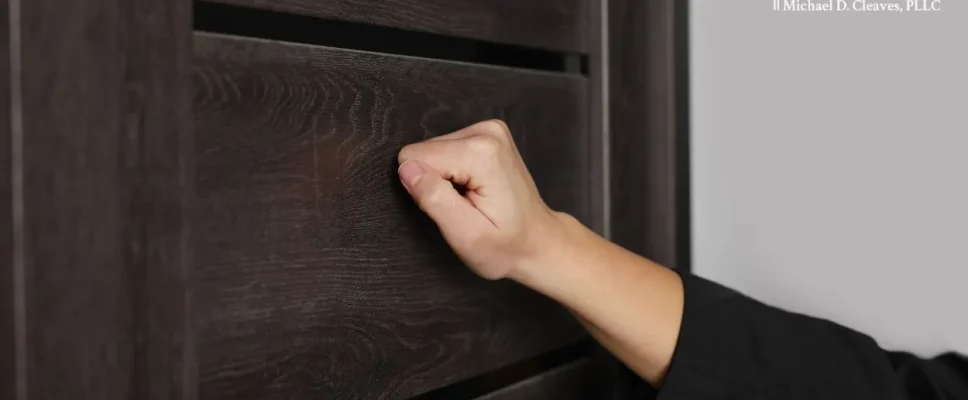Do Protective Orders Show Up on Background Checks?

Do Protective Orders Show Up on Background Checks?
If you face accusations of domestic assault in North Carolina, you may have concerns about how this could affect your future career, credit, apartment options and even your freedom. Domestic violence accusations are rarely simple, and they can cause immense stress for both parties.
Do protective orders show up on background checks? One of the early measures many alleged victims take is to seek a protective order. Understanding how this could affect your criminal record or background check can help you respond appropriately.
North Carolina protective orders
In North Carolina, obtaining a Domestic Violence Protective Order or 50C is a relatively quick and simple process. DVPOs and 50Cs are essentially restraining orders that tell an alleged abuser that he or she may not go near a person or contact him or her for a specific period of time.
NC courts can order a DVPO against a current or former spouse, current or former co-parent, anyone who has lived in the same household, anyone with whom there has been romantic history or any close family member. 50Cs are appropriate for other relationships, such as coworkers, bosses, neighbors or strangers.
To obtain a DVPO or 50C, the person seeking the order would need to produce evidence to the court that he or she has been the victim of abuse. This could be evidence of direct violence, but NC recognizes many other forms of abuse, including psychological abuse, harassment or stalking, threatening behavior or simply excessive contact against the recipient’s will. A person can obtain a temporary protective order after filing that will last at least through subsequent proceedings.
Effects on a record
Put simply, DVPOs and 50Cs are not criminal convictions, so they will not show up on a criminal record. However, should you violate a DVPO, you could face conviction for the violation; similarly, a judge could hold a 50C violator in contempt of court. Either of these could mean criminal convictions, fines or even jail time for an offender. If you are compliant, however, the order will not show up on a criminal background check.
It is also important to note that even though protective orders do not show up on criminal records, court proceedings and petitions are a matter of public record, so someone looking into the matter could potentially discover it. While standard employment background checks simply look for criminal convictions, more intensive background checks, such as checks for security clearance, could uncover a record of a DVPO or 50C.
A record of a protective order should not affect your ability to function in everyday life or to obtain housing and resources, nor should it affect your credit.
See Related Post:
Get In Touch With Us
Fields Marked With An “*” Are Required
© 2025 The Law Office of Michael D. Cleaves, PLLC • All rights reserved.


